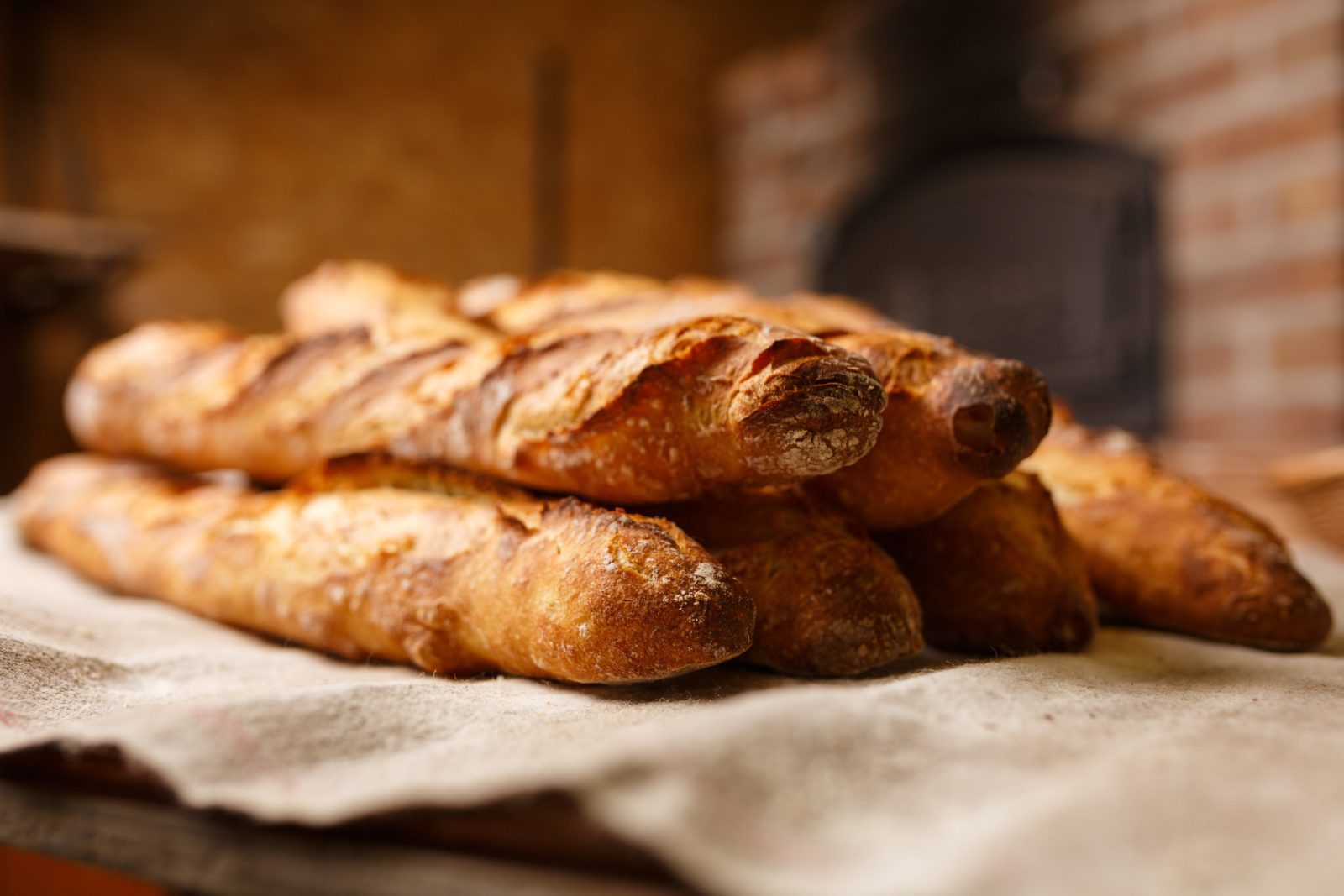The Czech Republic has been experiencing a drop in wheat prices since last year, with the price per tonne dropping from CZK 8200 to CZK 6000. However, this price drop is not reflected in the cost of baked goods. Industry insiders report that the lack of price cuts is due to a two-year backlog of energy and grain purchases by bakeries, which were made to guarantee price stability for customers. Unfortunately, this means that the majority of bakeries are technologically outdated, which in turn results in high labor costs.
Even though two-thirds of Czech bakers were in the red last year, the industry is reluctant to cut prices. Many firms fear that predicting prices in the media will be interpreted as market manipulation by the Office for the Protection of Economic Competition. Retailers, on the other hand, are putting pressure on manufacturers to lower their prices in a bid to win over customers.
The Czech Baker and Confectioner Association’s chairman, Bohumil Hlavatý, stated that over two-thirds of bakeries had incurred losses in 2021, with many struggling to repay energy debts. However, firms in the industry are cautious about estimating future costs, as this could result in a penalty from the Office for the Protection of Economic Competition.
Pricing issues are not unique to the Czech Republic, with many European countries grappling with the same problem. Several suppliers are also reacting to the fall in wheat prices by lowering prices. Zeelandia, a major supplier of bakery ingredients, is one such firm that has lowered prices in response to the reduction in prices for commodities like oilseeds and fats. According to Miroslav Lorenc, Zeelandia’s Commercial Director, the company is responding to market forces by playing a fair game.









